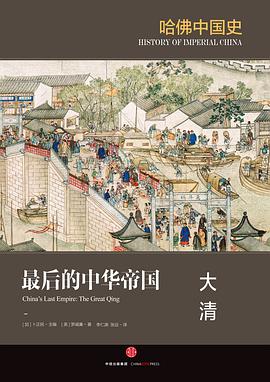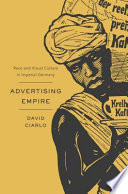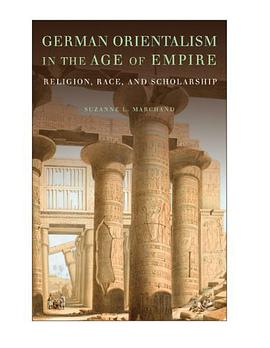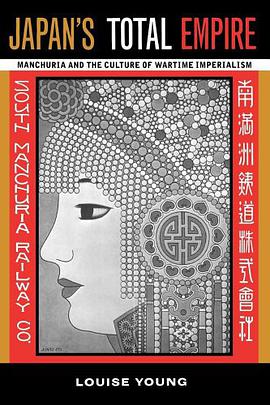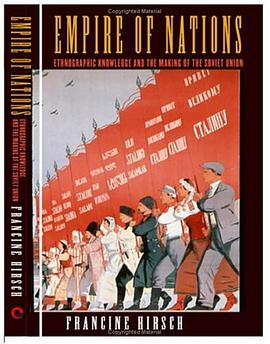最后的中华帝国:大清 豆瓣
China's Last Empire: The Great Qing
8.0 (12 个评分)
作者:
[美] 罗威廉
译者:
李仁渊
/
张远
三辉图书/中信出版社
2016
- 10
★哈佛大学出版社“镇社之宝”哈佛中国史丛书第六卷!
★作者罗威廉为当今美国最有影响的汉学家,也是西方学界研究清史的第一人,他在国内出版的《红雨》《汉口》等作品在读者心目中已成经典佳作;★抛弃清朝乃衰落之朝代的传统观点,高度肯定“大清”的历史地位和深远影响,颠覆学界和读者认知!
★本书堪称数十年来海外清史研究最重要的通俗佳作,为研究清史及中国近现史者所必读。
《最后的中华帝国:大清》是“哈佛中国史”丛书的末卷。本书抛弃了清朝无能保守及中国近代史起于西力入侵的传统观点,将清朝视为一个克服种种挑战、成就斐然而必须完整视之的重要断代,以深入展现中国近代历史自身演变的特质。作者罗威廉教授是驰名国际的清史专家,他同时融合了新清史、社会史、内亚史、东亚史以及比较世界历史的眼光,对于清代历史各重要阶段的起源、发展及特性,做出了完整而深刻的诠释。本书堪称数十年来海外清史研究最重要的通俗佳作。
★作者罗威廉为当今美国最有影响的汉学家,也是西方学界研究清史的第一人,他在国内出版的《红雨》《汉口》等作品在读者心目中已成经典佳作;★抛弃清朝乃衰落之朝代的传统观点,高度肯定“大清”的历史地位和深远影响,颠覆学界和读者认知!
★本书堪称数十年来海外清史研究最重要的通俗佳作,为研究清史及中国近现史者所必读。
《最后的中华帝国:大清》是“哈佛中国史”丛书的末卷。本书抛弃了清朝无能保守及中国近代史起于西力入侵的传统观点,将清朝视为一个克服种种挑战、成就斐然而必须完整视之的重要断代,以深入展现中国近代历史自身演变的特质。作者罗威廉教授是驰名国际的清史专家,他同时融合了新清史、社会史、内亚史、东亚史以及比较世界历史的眼光,对于清代历史各重要阶段的起源、发展及特性,做出了完整而深刻的诠释。本书堪称数十年来海外清史研究最重要的通俗佳作。
